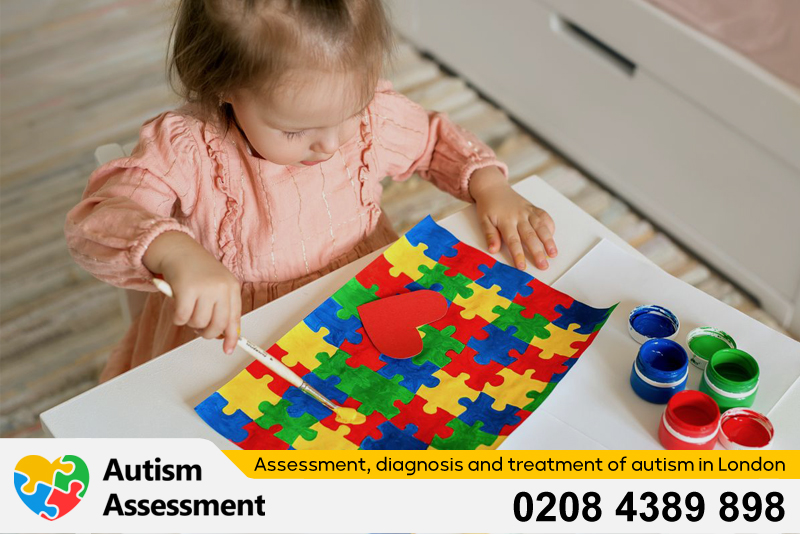Understanding the Heritability of Autism
Autism Spectrum Disorder (ASD) is a complex neurodevelopmental condition characterized by challenges with social skills, repetitive behaviors, speech, and nonverbal communication. One of the most pressing questions for many families affected by autism is whether the condition can be inherited.
Research into the heritability of autism has revealed that genetics play a substantial role in the development of ASD. Studies, including those involving twins and family histories, suggest that the heritability of autism is approximately 80 to 90%. This indicates that genetic factors are a significant contributor to the condition. However, it’s important to note that heritability estimates do not mean that autism is solely determined by genetics. Environmental factors also play a role, although to a lesser extent.
The complexity of autism’s genetic basis means that it is not usually the result of a single gene mutation. Instead, it involves interactions among multiple genes and, potentially, environmental factors. For instance, if one identical twin has autism, the other may have learning or social disabilities, even if they do not meet the criteria for ASD. This suggests a genetic link, but also that there are varying expressions of related traits within the autism spectrum.
When considering the risk of autism being passed down within a family, it’s observed that siblings and families with a history of autism show a higher prevalence. However, the inheritance pattern is not straightforward. Each child’s genetic makeup is unique, and the presence of autism in a parent does not guarantee that their child will also be on the spectrum.
It’s also worth noting that while having a parent with autism increases the likelihood of a child being on the autism spectrum, it is not a certainty. The inheritance of autism is complex and involves many genes, each contributing a small effect to the overall risk.
In conclusion, while autism does have a strong genetic component, it is not exclusively passed down from parent to child. The interplay between multiple genes and environmental factors makes the inheritance of autism a complex matter. For families concerned about the heritability of autism, genetic counseling can provide personalized information and support. Understanding the genetic influences on autism is an ongoing area of research, and it holds the promise of leading to more personalized treatments and interventions in the future.



